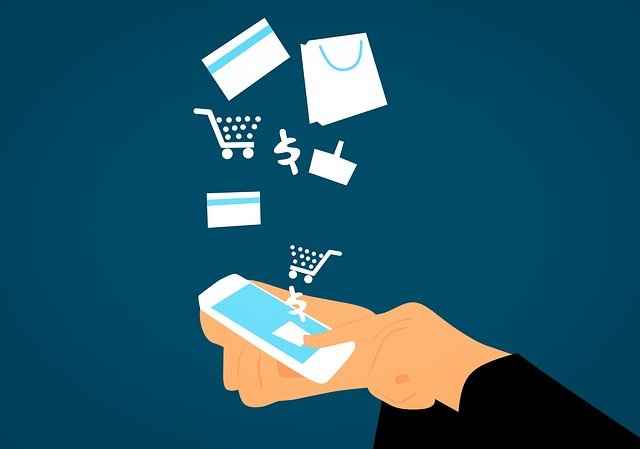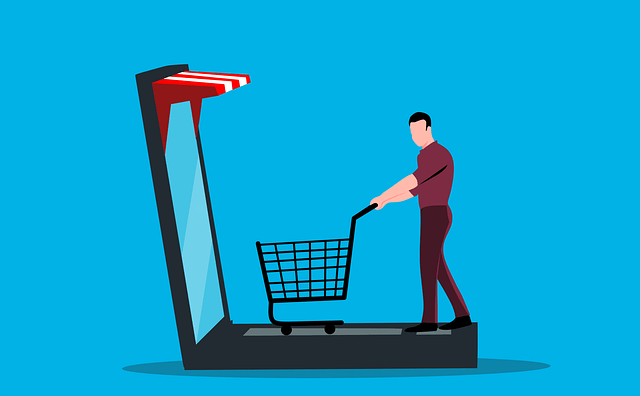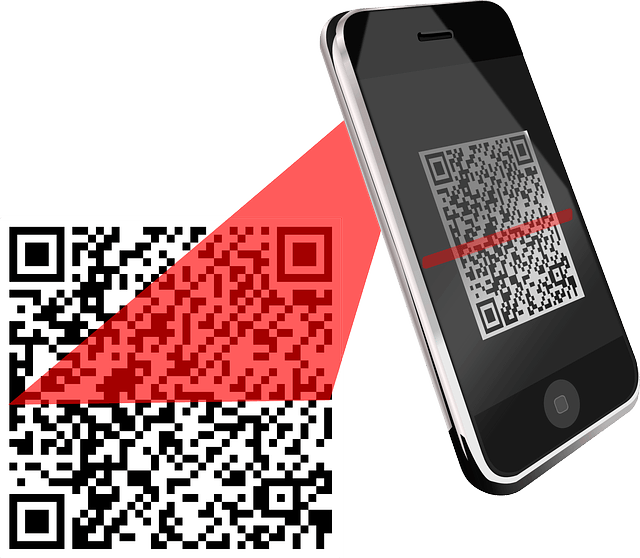Unlocking Value: Which D2C Model Is Right For Your Business?
 Source: Pixabay
Source: Pixabay
There are numerous ways in which businesses can reach their consumers. Some companies have completed shifted their business to online mode for the ease of their customers. On the contrary, some still feel that traditional brick-and-mortar stores are more beneficial.
Sometimes it depends upon the type of business and the products & services a company offers whether they should rely on online commerce or offline business models. For instance, you can choose and buy a smartphone online, but you might want to take a test drive before purchasing a car.
Similarly, like the modes of commerce, there are different ways in which your customers can connect with you and get your products. The conventional method is to have a proper supply chain management consisting of suppliers, wholesalers, retailers, and distributors. The products have to go through all these touchpoints before reaching a customer.
However, the scene is different in the contemporary world. Today, the producers run the business landscape, as they are their distributors and reach customers directly. Yes, I’m talking about Direct to consumer (D2C) marketing and how it completely reshaped the business world. It can be understood by the fact that today, over 55% of the shoppers prefer buying their favorite products directly from the brand rather than retailers dealing in multiple brands. And that’s not it. According to Statista, the estimated D2C eCommerce sales in the United States by 2023 is $175 billion.
But as mentioned earlier, different companies have distinguished businesses that call for a specific D2C business model for better results. So, let’s closely look at these and understand what D2C brands need to focus on while picking up one.
Assessing the Perfect D2C Model for Your Business
In general, there are five kinds of D2C models based on a scale of increasing technological and business complexities. Now, the thing is, each of these model archetypes delivers a specific profile of value potential across the consumers and drives used to generate the business value. The type of value returned by each archetype can help the D2C brands to analyze and pick the perfect fit for their business. Let’s discuss each of them one by one.
Knowledge Hubs
The first model in the list is knowledge hubs that focus on content customer engagement. Its primary purpose is to engage consumers through unique, brand-centric, and customer-oriented engagement that inspires and educates them without any eCommerce infrastructure.
Knowledge hubs are primarily used to gather customer information regarding their interaction with content, learning about their preferences and purchase intent while delivering personalized customer experiences.
For instance, Patron’s Cocktail Lab is an intelligent, data-driven cocktail recommendation engine that offers innovative cocktail recipes based on individual preferences and encourages buyers to try new things.
Digital Stores
 Source: Pixabay
Source: Pixabay
This D2C model consists of a well-functioning eCommerce website through which direct sales of the company’s products and services can occur, keeping in mind that the customers get interactive content experiences.
This model is an excellent option for those consumers who wish to purchase directly from the manufacturers and emerges as a new source of online revenue stream.
For example, Nespresso, an operating coffee unit of Nestle Group, got a branded eCommerce website that offers customers an interactive coffee shopping experience under a single digital roof. The customers can get an entire range of coffee items, machines, equipment, and related accessories on the website.
Apart from that, they also get customized deals, offers, and collections specially designed for their interests. The company has also provided some supplementary resources to teach customers about the basics of taking care of the Nespresso products.
Curated Subscription Model
Subscriptions models have a slight risk compared to other D2C models as they impose challenges to the business regarding customer engagement, retention, acquisition, and loyalty. However, if implemented correctly, they are a pretty good direct source of revenue generation that works on recurring shipments of products and services customized as per consumer needs.
Curated subscription models help businesses know more about the customers’ preferences, the items they frequently buy, and the products they might want to purchase. Companies can curate personalized deals for their customers with all this information, deepening the roots of brand loyalty and customer engagement.
For instance, companies such as Daily Harvest and DollarShaveClub leverage the benefits of subscription models, which provide customers with the products and services they regularly want as per their dependable schedule.
Personalized D2C Model
Well, this one might be clear with the name itself. Adding a touch of personalization in a D2C business develops a one-to-one relationship with the customers and makes things pretty smooth. This model focuses on the more profound insights into the customers’ interests, preferences, and needs to enhance consumer engagement and increase sales. According to a report by Epsilon, 80% of customers prefer shopping from brands that offer them customized experiences.
Personalized D2C models require back-end technologies and advanced features such as artificial intelligence, machine learning, and big data to analyze the customer data to understand their needs better. When you offer customers the things they have always wanted at their convenience, they will keep returning to your brand and get everything directly from you.
For example, a personalized dog food company named Just Right Pet Food (owned by Nestle Purina, a pet food subsidiary of Nestle) ensures a fully personalized experience to dog lovers. The company asks all of its customers to create a profile of their dogs. The profile includes their age, needs, and taste preferences. After that, Purina offers their own recommendations based on the information they get from their customers along with the nutrition guidelines in the products they suggest. The company then delivers the personalized pet food, nutrition, and feeding plan directly to the buyers’ doorstep - ensuring an authentic one-to-one customer experience.
Touchpoint Commerce
 Source: Pixabay
Source: Pixabay
The last but not the least model in this list is Touchpoint commerce which builds new ways to buy products and services by implanting D2C business in non-commerce digital areas or touchpoints, such as social networks, games, etc. This D2C model focuses on finding advanced and innovative paths to connect with the customer base as they evolve in the future.
Touchpoint Commerce can be a good option for businesses that want to enhance brand awareness and attract consumers from various channels.
For instance, a famous cereal brand Mymuesli offers their customers an option to develop their own tailored blend of hot and cold cereals, which they can later order, too. The company attaches a QR code at the back of the packaging. With this code, customers can save their preferred mixes and reorder them simply by scanning them using their mobile device.
Choose the Right D2C Model for Your Brand
And why not? Of course, you have a lot of opportunities to set up your D2C business, but what’s the harm in choosing the one that suits you the best? As a business owner (or just as a learner), it is crucial to understand that all the companies out there are using some tactics to deliver an unmatched customer experience. In that competitive scenario, you have to choose the right path and implement the apt D2C business model to boost your business growth and engage as many customers as possible. Get in touch with our experts to know how your business can achieve D2C growth. We over comprehensive direct-to-consumer marketing services that are growth-oriented and result-driven. Feel free to reach out to us!

Subscribe to our newsletter
Get fresh stories, case studies, and
advice
from successful creators and industry experts.






